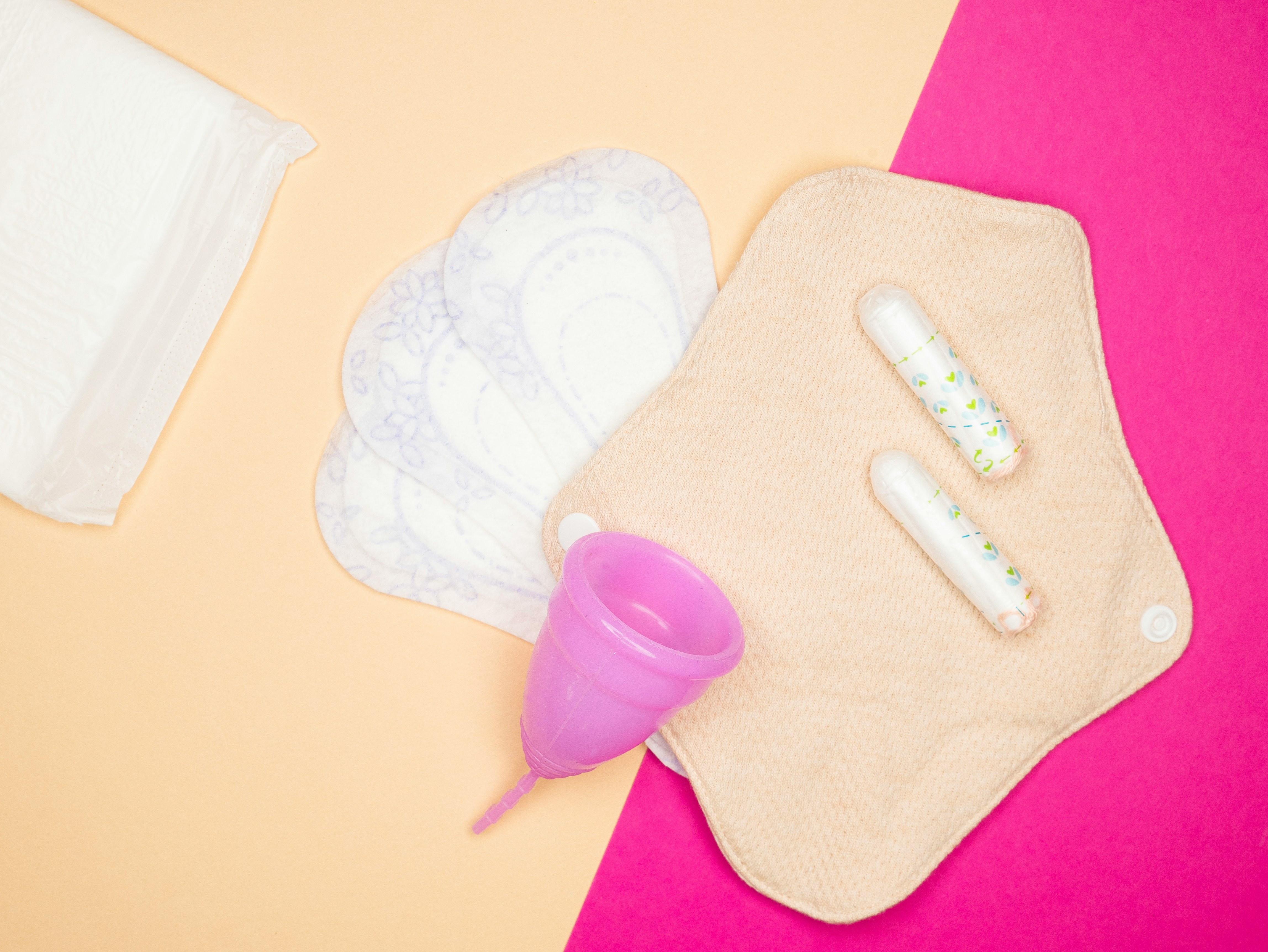Expert Reaction
These comments have been collated by the Science Media Centre to provide a variety of expert perspectives on this issue. Feel free to use these quotes in your stories. Views expressed are the personal opinions of the experts named. They do not represent the views of the SMC or any other organisation unless specifically stated.
Dr Mike Armour is an Associate Professor in reproductive health at Western Sydney University and an author of this study
Our team of clever Kiwis has been working on this for some time - and this should be the first of about 4 publications on this dataset.
"Some key findings were:
1) the rates of dysmenorrhea (painful periods) are very high (89%) in young people under 25 - almost the same as Australia.
2) Unfortunately, but not surprisingly, most (over 80%) said they didn't have good information on how to manage their menstrual symptoms - like pain, bloating, heavy bleeding etc., and many (~40%) didn't know anything much about their periods at all before they started having them.
"This leaves young women, girls and those who have periods poorly equipped to help navigate their menstrual cycles, and most importantly, poorly equipped on how to manage their menstrual pain and other symptoms effectively, reducing and reduce the negative impacts that we know occur in the classroom, university halls, sports and elsewhere.



 New Zealand
New Zealand



